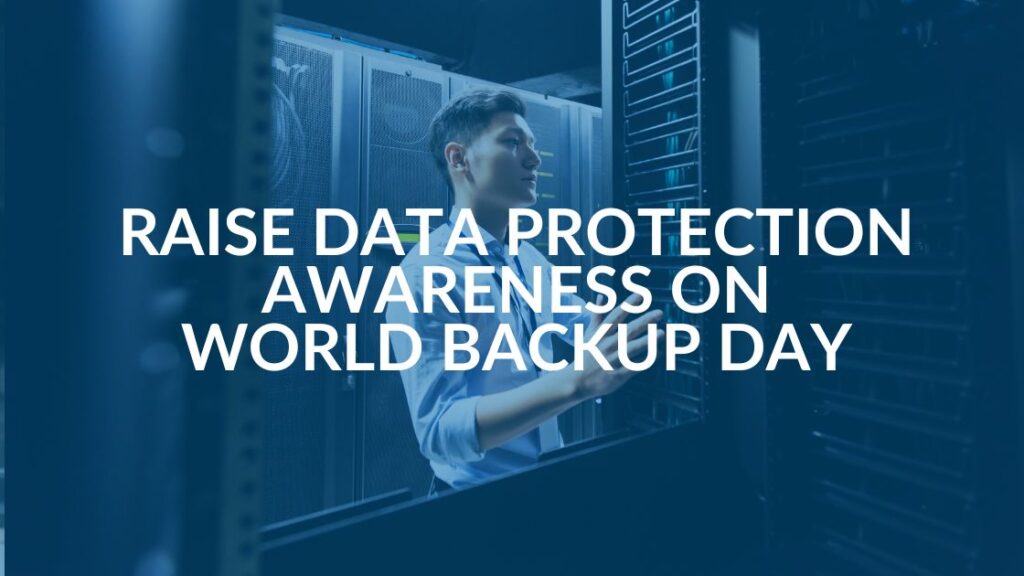Dark Web Monitoring: Are YOU on the Dark Web?
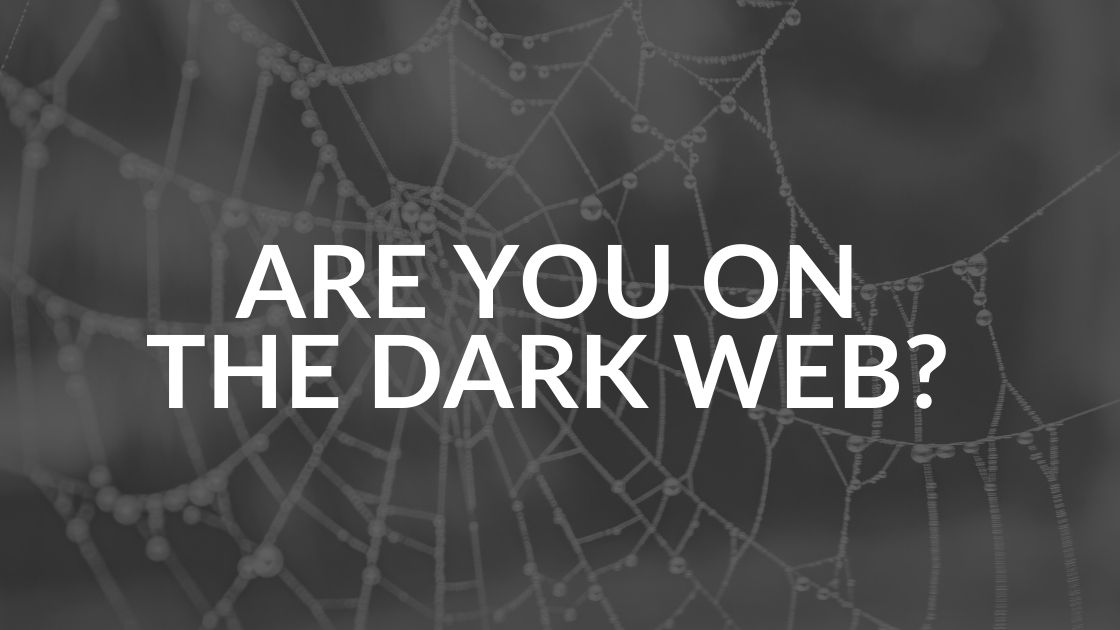
We know you’ve heard of the dark web, almost anyone with a computer or TV has. But few have actually seen it or know if their data is on it. If you are an Intrust client, no worries. Dark web monitoring is part of the overall cyber security we provide your business.
The dark web has been out there a very long time and there have been so many breaches to big name companies, that somewhere along the line, the dark web probably has one or more of your credentials, especially if you’ve used the same password for more than a year or on more than one website. You can check individual credentials at haveibeenpwned.com. Yes, it’s an oddly named site, but it’s one we trust and it’s free to use.
The Dark Web Explained
The dark web is the area of the internet that is only accessible if you have certain software and the right configurations. There is no way to search the dark web and most interactions on it are untraceable, which makes it an ideal place for criminal activity. It is the primary place that people looking to buy or sell stolen data go to for gaining access to passwords, identities, etc.
Because it is unregulated and unsearchable, you need to know where you want to go within its cluster of networks called darknets.
That being said, know that the dark web itself is totally legal and there are people using it for legitimate activities.
How Data Gets on the Dark Web
When you make a purchase on the internet, log into social media, search for information or another common internet activity, information about you has been captured and stored somewhere. Some is stored in the “deep web” (credit card authorizations on a secure site), but even more has been shared willingly and openly. (This is where reading every privacy policy you agree to is important. Don’t just click agree before reading these policies.)
There are companies, data brokers, that gather information, package it and sell it. It ends up on the dark web to be sold (legally or illegally). When the media alerts the public about a data breach, know that the user accounts in that breach wind up on the “for sale” counter of the dark web.
If your information has reached the dark web for any reason, it cannot be removed. Your best protection is to be aware the moment your data becomes available on the dark web so that you can change the compromised passwords or other credentials and keep your data secure. That is where dark web monitoring comes in.
Dark Web Monitoring
Intrust uses Dark Web ID™ Monitoring to resolve this issue for our clients. The program analyzes and proactively monitors your organization’s credentials to see if anything has been compromised and placed on the dark web. Couple that with the ongoing cyber security training and education Intrust provides all our clients, and you get yet another layer of protection.
Using a combination of human and sophisticated dark web intelligence with search capabilities, Dark Web ID allows us to see industry patterns long before they become trends, and offers the intelligence to keep you, and your employees, more protected.
We will monitor 24/7/365:
- Hidden chat rooms
- Private websites
- Peer-to-peer networks
- IRC (internet relay chat) channels
- Social media platforms
- Black market sites
- 640,000+ botnets
The Beauty of Dark Web Monitoring
Dark web monitoring products scan the dark web in real time, looking for compromised credentials related to you or your business. Your managed service provider (MSP) configures the monitoring software to work simultaneously with your endpoint protection – creating a service ticket the minute your credentials go up for sale on the dark web.
Here’s how it might work… Dark web monitoring finds an executive’s password has been breached and creates a ticket. The Intrust team locks those credentials so they cannot be used to access your network and helps the executive create new credentials.
If you have questions about dark web monitoring or any other IT service, feel free to contact us or book a meeting for a quick consultation. We’d be happy to help with whatever you need.
Share this Blog
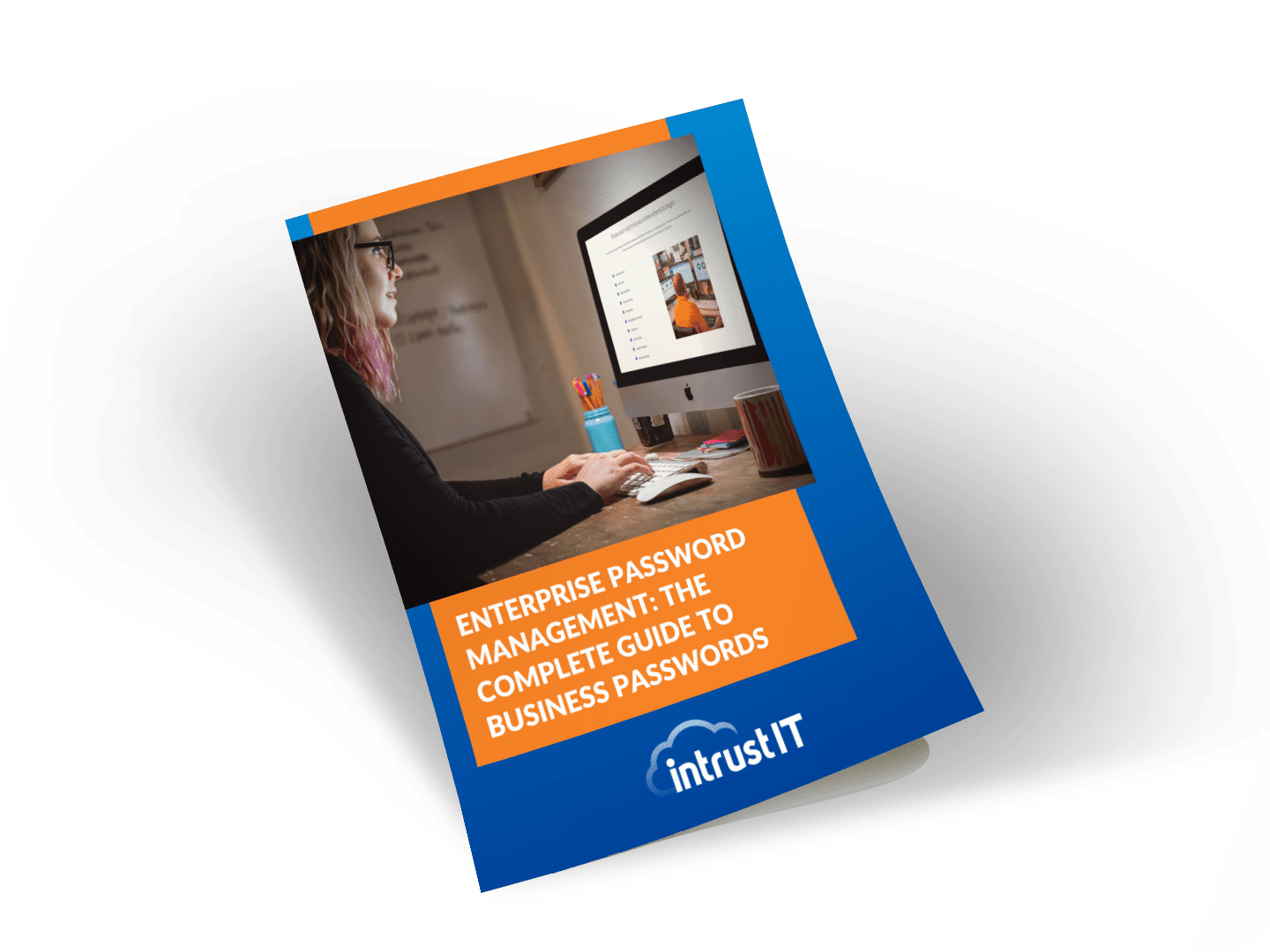
Is Your Name or Birthday a Part of Your Password?
If so, you’re a part of the 59 percent of people who don’t follow proper password hygiene. More than 70 percent of passwords are used for more than one system, meaning if cybercriminals crack one, they can access a lot more accounts.
Our free Enterprise Password Management Guide will give you the best password hygiene practices to help you secure your computer and your business.
Download the Guide
Explore the Latest Trends in IT

Edge vs Chrome Security: Which Is the Best Browser for Your Business?
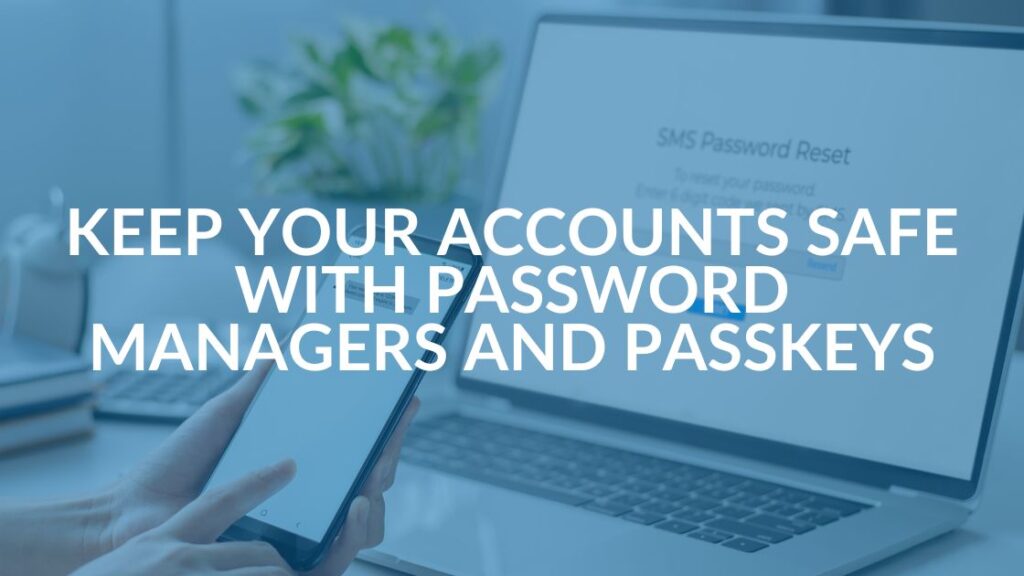
Unlocking Security: The Power of Password Managers and Passkeys for Business Professionals
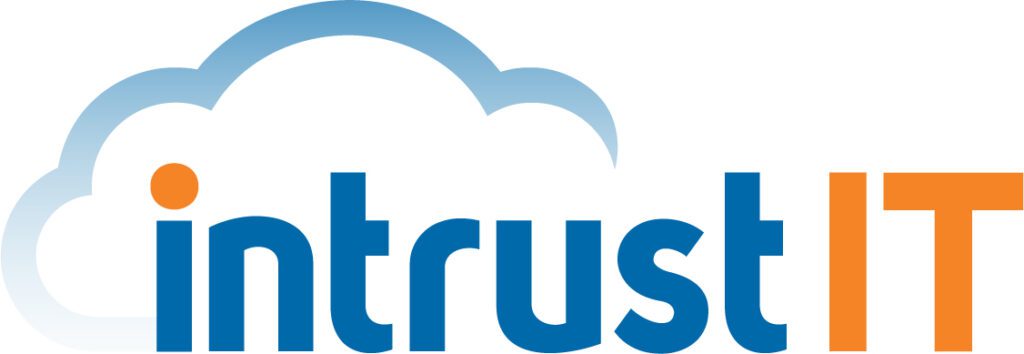
Intrust IT Acquires Commercial IT Support Division of Entegrity Consulting Group
